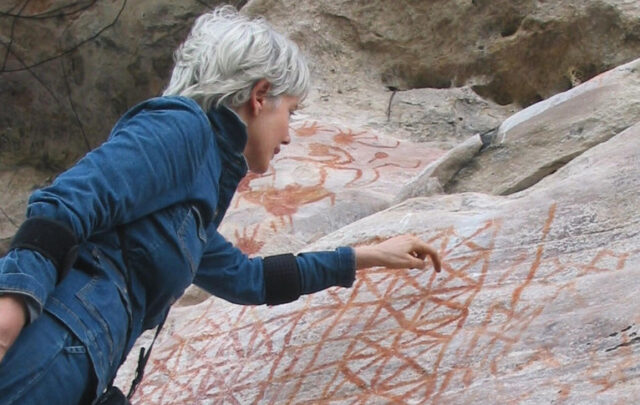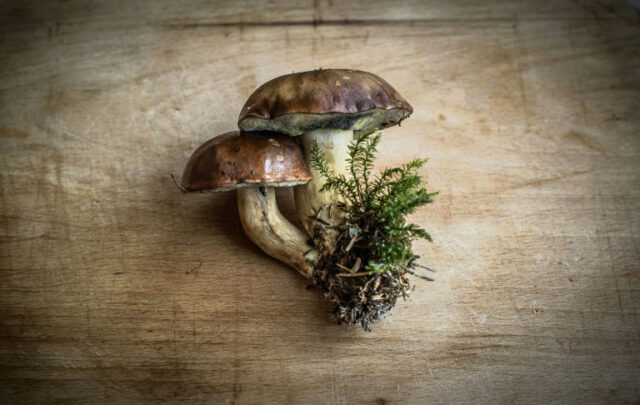 That’s the title of my new book soon to be out. It is sort of a testimonial on how living close to nature can give comfort to those facing the inevitability of death which is all of us. I also try to work in a little humor about the futility of trying to avoid the inevitable. The sub-title says it better perhaps: “A Contrary Farmer’s Thoughts On Living Forever.” I started writing it after I found out, much to my amazement, that I was not going to live forever. I had cancer.
That’s the title of my new book soon to be out. It is sort of a testimonial on how living close to nature can give comfort to those facing the inevitability of death which is all of us. I also try to work in a little humor about the futility of trying to avoid the inevitable. The sub-title says it better perhaps: “A Contrary Farmer’s Thoughts On Living Forever.” I started writing it after I found out, much to my amazement, that I was not going to live forever. I had cancer.
I was not taking bets on whether I would see the book published or that I would even get it finished but it seemed like a good time to write about things like immortality. If I upset some readers, they could go stomp on my grave. But modern medicine worked its wonders and the cancer went into remission. The docs now think something else will kill me, probably an irate religious fundamentalist. But getting over cancer became something of a story line for the book, running under the main topic about the meaning (if any) of life everlasting.
As I looked closely into how society faces the subject of dying these days, I learned that there are a growing number of people who are not satisfied with the usual religious attitudes about death and are looking for something that makes more sense to them. You may have heard of death cafes and death dinners where people gather together in a sort of party mood and mode and talk about dying. Surprisingly, these discussions are becoming popular. There is also something called “green burial” coming into practice where much of the ritual and display and expense of traditional funeral practices is replaced with simple burial in ways that allow the body to decompose naturally into fertilizer rather than encased in sealed tombs. One might call it the birth of the organic cemetery.
Another surprise came my way in doing research when I discovered Taoism. I even learned how to pronounce that word correctly. For years I was vain enough to think that I had originated the idea that matter is eternal. That concept is at the core of Taoism and uncounted thousands of people thought of it long before I did. But it is a dangerous conclusion to reach. If matter is eternal not only is a religious god unnecessary to explain life but not always will a scientific cause be necessary to explain natural phenomena either. Such an outlandish notion brings down anathema on me from both scientist and theologian.
I had abandoned long ago most of the religious notions about living forever in some faraway paradise. I honor everyone’s right to believe what they want to believe in this regard, but I reached the point where I honestly could not accept it anymore myself. I sought refuge and relief in science for explanations of the mysteries of life. But as I bumbled along writing this book, it seemed to me that scientists now are beginning to sound like theologians, demanding of me belief in theories for which they do not have positive proof except in their own minds. I like a quote accredited to the late Terence McKenna, the famous (or infamous, depending on one’s views) researcher into psychedelic drugs. The Big Bang theory, as he described it, was “just the limit case for unlikelihood, that the universe would spring from nothing in a single instant for no reason… It is in fact no different from saying ‘and God said, let there be light’. What these philosophers of science are saying is, give us one free miracle and… it will all unfold according to natural law… Well, I say to them, if science gets one free miracle, then everybody else gets one free miracle.”
In my book, I apply this kind of contrariness to what scientists are saying about Higgs bosons and black holes and outer space and all that stuff they try to define with numbers no one can count. Seems to me, science is trying to reinvent God.
But most of the book is about the homely and homey life of farm and garden. Yes, it is sad sometimes. If anyone can read it without one tear at least, I’ll give them their money back. But living close to nature on one’s own little garden farm can be a soothing, almost happy, consolation in the face of death, especially for those of us who get all the paradise we can stand by walking through the woods on a quiet evening in June, listening to a wood thrush singing.
~~
Contrary farmer Gene Logsdon has been a contributor to Energy Bulletin / Resilience since the first years. If you are not familliar with his work , here is a little background.
– BA (Resilience editor)
Gene Logsdon and His Books
The fact that people of gentle humor and wisdom comment on my blog posts has been the most pleasant and illuminating experience of my life. Bless all of you. ~Gene
 “Walk with me over our little farm where biological diversity is our first order of business,” writes contrary farmer Gene Logsdon. “On this farm lives a human family along with several families of corn, oats, wheat, orchard trees, grasses, legumes, berries, and garden vegetables, the whole domestic tribe living in a sort of hostile harmony with the wild food chain: animals, insects, and plants in such diversity that I have not been able to name them all. On our little farm, I have identified 130 species of birds, 40 species of wild animals (not counting coonhunters), over 50 species of wildflowers, at least 45 tree species, a myriad of gorgeous butterflies, moths, spiders, beetles, etc., and about 593,455,780 weeds.”
“Walk with me over our little farm where biological diversity is our first order of business,” writes contrary farmer Gene Logsdon. “On this farm lives a human family along with several families of corn, oats, wheat, orchard trees, grasses, legumes, berries, and garden vegetables, the whole domestic tribe living in a sort of hostile harmony with the wild food chain: animals, insects, and plants in such diversity that I have not been able to name them all. On our little farm, I have identified 130 species of birds, 40 species of wild animals (not counting coonhunters), over 50 species of wildflowers, at least 45 tree species, a myriad of gorgeous butterflies, moths, spiders, beetles, etc., and about 593,455,780 weeds.”
“Contrary farmers are those who have another job or career and look to their home pursuits as a form of enjoyment that at the same time provides good food and meaningful work. On many days a contrary farm requires nothing more than sitting at the breakfast table or reclining in a hammock while watching animals graze. And what the contrary farmer is learning, from the hammock, he or she may someday turn into a commercial farming venture.”
~
Gene and Carol Logsdon have a small-scale experimental farm in Wyandot County, Ohio. Gene is the author of numerous books and magazine articles on farm-related issues, and believes sustainable pastoral farming is the solution for our stressed agricultural system.
Thanks to Luane Todd for drawing our attention to Gene’s post. He is one of my favorites – I’ve been reading him since the 70s, and was delighted years ago when he agreed to let us publish his wry and insightful posts. The book "Gene Everlasting" is available from Chelsea Green. Luane writes: "His take on how to get the most out of the time you have is amazing and true from what little bit of it I have already applied to my own life."
– Bart Anderson, Resilience co-editor





